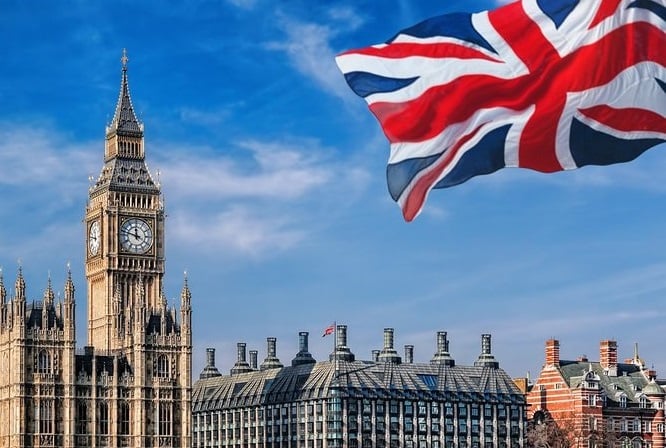UK-Nigeria Trade Partnership Expands into Fintech and Manufacturing
The UK strengthens economic ties with Nigeria through Enhanced Trade and Investment Partnership, focusing on fintech, manufacturing, and agricultural development in a post-Brexit trade strategy.

UK Trade Envoy Florence Eshalomi MP meets with Nigerian business leaders to strengthen bilateral trade relations
The United Kingdom is strengthening its post-Brexit economic ties with Nigeria through an Enhanced Trade and Investment Partnership (ETIP), marking a significant shift in Britain's global trade strategy amid ongoing geopolitical uncertainties affecting European trade relations.
Strategic Partnership Development
Florence Eshalomi MP, UK Trade Envoy to Nigeria, led a four-day diplomatic mission that coincides with Labour's efforts to reshape Britain's international trade relationships. The delegation included senior officials from the UK Department for Business and Trade, demonstrating a comprehensive approach to bilateral cooperation.
Financial Innovation and Investment
The partnership's focus on fintech represents a crucial development for the UK's financial services sector, which has faced challenges since Brexit. This initiative follows recent concerns about financial system vulnerabilities, making secure international partnerships increasingly vital.
Key Development Areas
- Fintech collaboration and digital payment systems
- Agricultural investment through British International Investment's £7.5m commitment
- Manufacturing sector partnerships
- Capital market engagement via London Stock Exchange
"Nigeria is a powerhouse of innovation and enterprise, and the UK is proud to be a strategic partner in its growth journey," stated Florence Eshalomi MP.
Tech Ecosystem Support
The partnership includes significant support for Nigeria's growing tech sector through the UK's Global Entrepreneurs Programme (GEP), with particular emphasis on facilitating Nigerian fintech companies' expansion into global markets.
Future Prospects
The ETIP represents a significant opportunity for both nations to develop mutually beneficial trade relationships, particularly in emerging sectors that could reshape the future of international commerce and financial services.
Thomas Reynolds
Correspondent for a London daily, specialist in British foreign policy and transatlantic issues.
